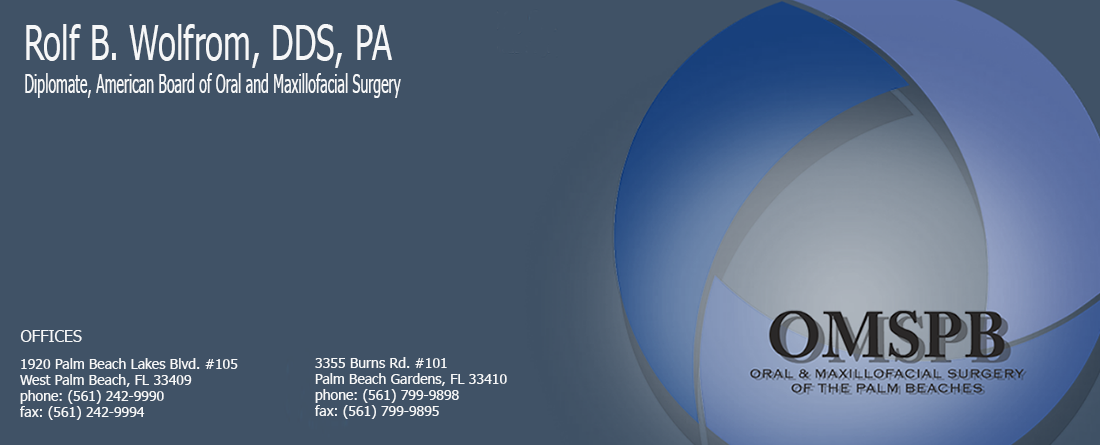
Wisdom Teeth Extractions
Wisdom teeth, or third molars, are located in the back of your mouth, and they tend to develop between a person’s late teens and early twenties.
Since the wisdom teeth are the last teeth to develop, they usually will not have enough room to adequately erupt into the mouth to become fully functional and cleansable teeth. This can result in a number of harmful effects that are detrimental on your overall dental health.
Infection: Without enough room for total eruption, the gum tissue around the wisdom tooth can become irritated and infected, resulting in recurrent pain, swelling in the face and neck, and problems with chewing and swallowing.
Damage: If there is inadequate room to clean around the wisdom tooth, the tooth directly in front can be adversely affected resulting in gum disease (bone loss) or cavities (decay).
Pathology: An impacted wisdom tooth can be associated with a cyst that can expand and damage adjacent jawbone and teeth. Cyst removal can be involved if not treated early.
Crowding: Wisdom teeth may contribute to crowding of your teeth. Removing wisdom teeth reduces bite changes and helps to stabilize orthodontic results. Their removal is frequently preventative, which helps to avoid long term problems.
Teenage years or early twenties are the optimal time to remove your wisdom teeth. This helps to promote faster healing and prevents future problems often associated with retained third molars in older patients.